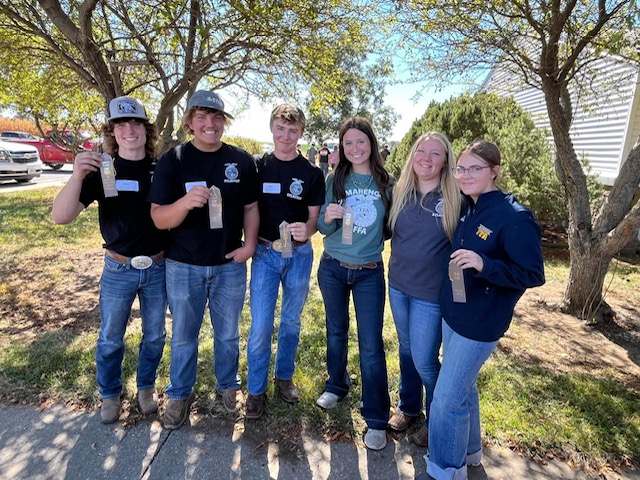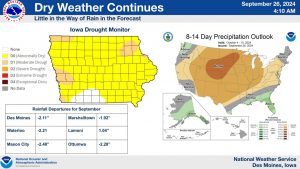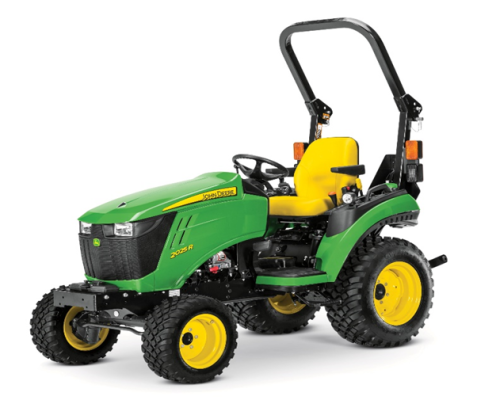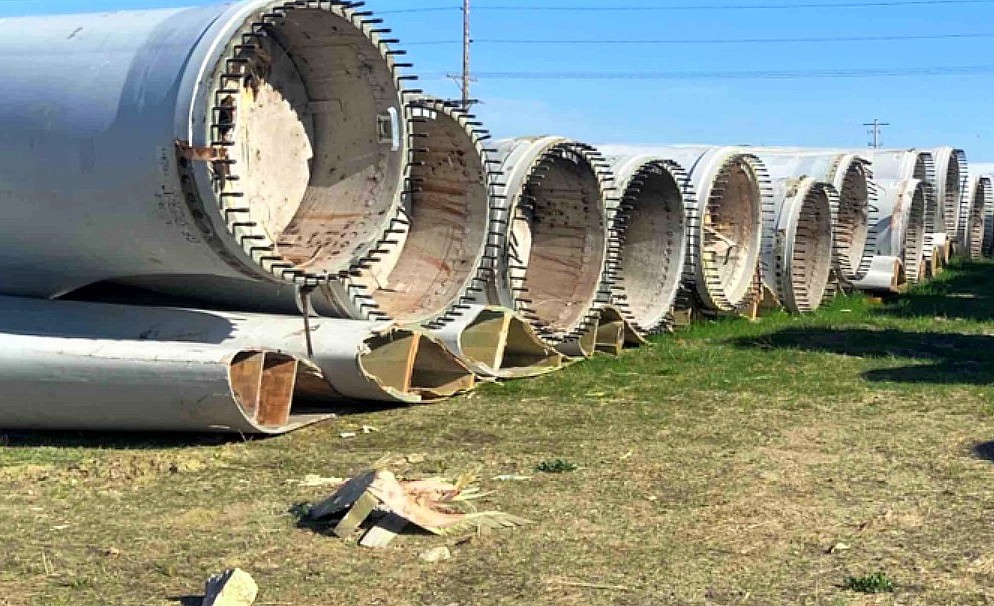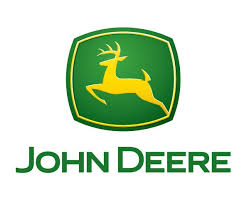(Radio Iowa) – The Friends of Ledges State Park in Boone County will celebrate its 100th anniversary Saturday. Park manager Andy Bartlett says it’s a favorite place for one particular form of outdoor recreation. “Ledges is known, not only in central Iowa but across the state, as a premier hiking destination,” he says. Bartlett says there are only four-and-a-half miles of trails, but the provide a lot of different challenges.
“There’s a diversity of difficulty levels, the scenery is amazing, the topography makes it a little challenging, and it’s just really a big draw, especially in the fall months,” he says. “The colors are changing, the weather’s cool, the bugs are almost gone, and you will find a fantastic place to hike here, at Ledges.” He has a favorite spot to visit in the park. “Ledges canyon itself is really one of the focal points, most unique areas in all of Iowa, from the sandstone geology to the native plant diversity the animals that call it home, just the unique experience that it offers for our visitors,” Bartlett says.

Ledges State Park. (DNR photo)
Ledges has faced some challenges through the years with too much water. “Flooding has been, you know, a thorn in the side of any past employee who’s ever worked here at Ledges. The Des Moines River being our west boundary Pease Creek, which flows through the heart of the Ledges Canyon, both of those offer different types of flooding at different times of year, and can pose a little bit of a challenge,” he says. “We had a little bit of flooding early this spring from the Des Moines River, but it it receded out of here in plenty of time for this event.” The event Saturday is open to the public.
“Starting at 10 o’clock, we have a historical characters hike, which is being put on by our seasonal naturalist here at the park. They’re going to lead participants on about a mile and a half hike, pretty easy on the trails, but they’ll meet some of those historic characters that were such a big part of the story of this park and its origin,” Bartlett says.
You can go to the Friends Of Ledges State Park Facebook page to find out more about the events.




